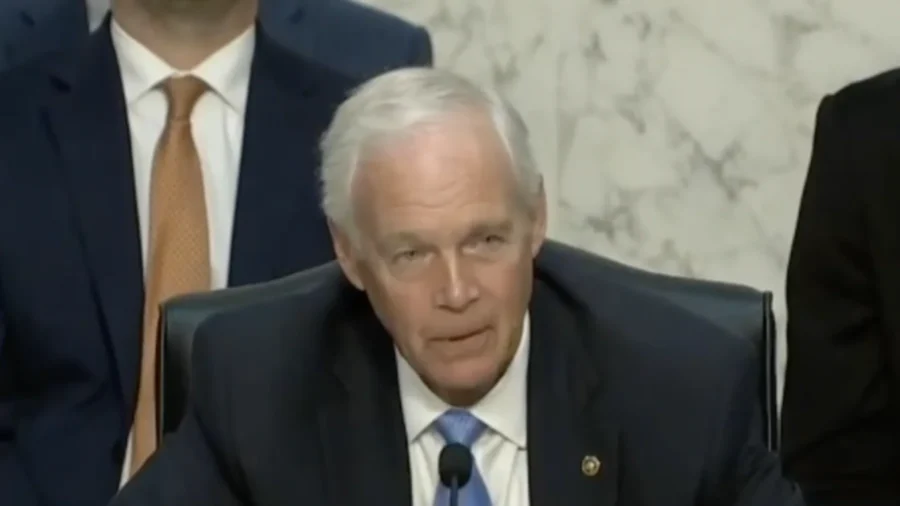US Hotel Bookings Plunge in Q2 as Travelers Shorten Lead Times: All You Need to Know

According to HotelHub’s Q2 report for 2025, US hotel bookings have dropped by thirteen percent year-over-year, indicating a potential shift in the tourism industry. The company’s findings show that travelers are booking fewer hotels and with less lead time, as average lead times dropped by nearly seven percent compared to the same period in 2024. This shift in behavior suggests a growing reluctance among travelers to commit to US travel too far in advance, possibly influenced by economic and geopolitical uncertainties.
US Hotel Bookings Experience Decline Amid Economic Uncertainty
The second quarter of 2025 marked a notable downturn in hotel bookings made through HotelHub’s technology, reflecting a broader trend of travelers postponing their decisions. Despite the decline in bookings, the global tourism market showed more resilience, with global bookings down by just 5.35 percent year-over-year.
This decrease in US hotel bookings contrasts with a more stable first quarter of the year, where the year-on-year booking numbers were fairly stable, despite a significant dip in bookings from the US market. Experts speculate that tariff policies from the US administration, which have fluctuated since April 2025, could be a factor in these declines.
The overall decrease in hotel bookings could point to businesses and tourists taking a more cautious approach, delaying travel plans until the future outlook is clearer. Despite the slowdown, the travel sector remains resilient, with gradual recovery since the beginning of Q2. This cautious behavior also reflects a trend toward flexible travel options and a desire for shorter-term booking windows in an unpredictable environment.
Corporate Travel Shows Stability in Rates Despite Challenges
Although US hotel bookings took a hit in Q2, the average hotel rate for global bookings per night was dollar one hundred ninety-two, reflecting a modest increase of two percent year-over-year. The average hotel rate for the first half of 2025 increased by just one percent, compared to the 5.39 percent rise in the same period in 2024. This suggests that, despite fluctuations in booking volumes, corporate travel budgets appear to be stabilizing, providing some positive signs for the business tourism market.
Travel industry experts have noted that these figures show signs of resilience in the face of challenges and suggest that corporate tourism continues to adapt to changing economic conditions. The slow but steady increase in global hotel rates could reflect rising demand for quality accommodations, despite the overall decline in booking volumes.
Impact of Short-Term Booking Trends on US Tourism
The trend of short-term bookings continues to shape the future of US tourism. Travelers seem to prefer flexibility in their travel plans, choosing to book hotels closer to their travel dates instead of committing to long-term reservations. This behavior could be linked to broader economic concerns, including uncertainty around tariff policies and the global economic recovery, as travelers become more cautious about making long-term commitments.
For destinations like New York, Los Angeles, and Miami, known for their thriving tourism sectors, these shifts in booking patterns could influence future travel trends. While short-term bookings increase, long-term tourism planning might face challenges, particularly for regions that rely heavily on early bookings, such as theme parks and resorts.
The Outlook for US Tourism in the Coming Months
Despite the decline in Q2 hotel bookings and lead times, the US tourism market remains a major global destination. As businesses adjust to a more flexible approach to business travel and tourism, it is expected that travel demand will stabilize in the coming months. However, the industry will need to navigate ongoing uncertainties, such as economic fluctuations and evolving government policies, to fully recover and support growth in the tourism sector.
For tourists looking to visit the US, destination flexibility is key. In response to changing trends, hotels and airlines may begin offering more last-minute deals and more dynamic pricing to cater to short-term travelers. This could create new opportunities for tourism marketing and promotional strategies, ensuring that travelers can still enjoy their US vacation plans despite the unpredictability of long-term commitments.
The post US Hotel Bookings Plunge in Q2 as Travelers Shorten Lead Times: All You Need to Know appeared first on Travel And Tour World.
Source link


